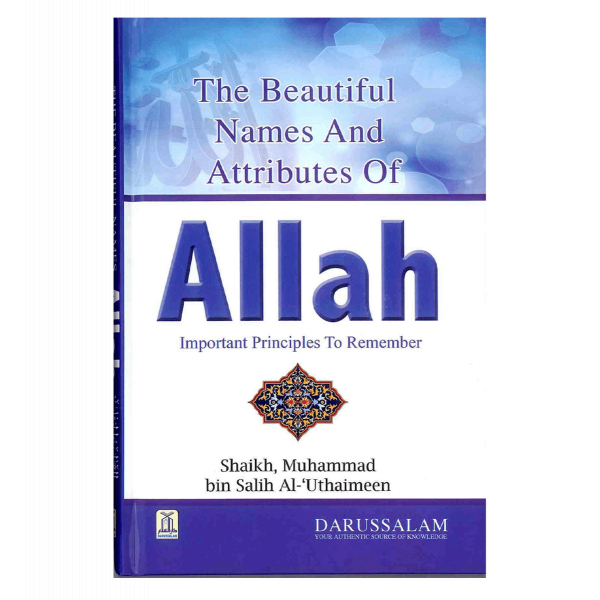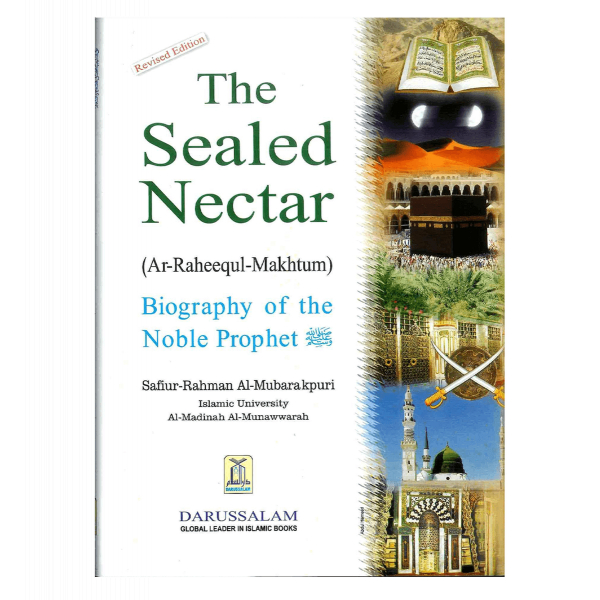The spiritual and worldly life of a Muslim is focused on Allah. Success in both entails knowing Allah, loving Him, trusting Him and worshipping Him alone. It requires the Muslim to learn his religion, discipline his soul and refine his conduct. The Muslim must have firm faith that everything that happens to him in this life is good for him, that his Lord would never decree anything that would be detrimental and, as such, he is required to be patient and steadfast in the face of adversity and grateful at times of ease.
In this treatise, the author, ibn Rajab sets out to explain the advice the Prophet (peace and blessing be upon him) imparted to ibn ‘Abbas (radiyAllahu ‘anhuma), “Safeguard Allah and He will safeguard you. Safeguard Allah and you will find Him in front of you. Know Allah in times of ease and He will know you in times of hardship. When you ask, ask Allah. When you seek aid, turn to Allah. The Pen has dried (after having written) all that will occur…”
It would not be an exaggeration to say that if a Muslim was to understand this hadith and follow it closely, he would be well on his way to fulfilling the goals highlighted above. It is for this reason that ibn al-Jawzi said, ‘I pondered this hadith and it struck me with awe; I was so astounded that I almost became light headed… The prevailing ignorance of this hadith and the lack of understanding thereof is truly distressing!
‘Abdu’l-Qadir al-Jilani said, ‘Every believer should make this hadith a mirror to his heart, his axiom, his shelter and his topic of conversation. He should act by it in all times of motion and stillness so that he can be saved in this world and in the Hereafter.’
Imam ibn Rajab al-Hanbali (d. 795H) was a scholar praised extensively for his vast knowledge, asceticism and expertise in the Hanbali school of thought as well as in hadith and its related sciences. His writings, gatherings and sermons were full of blessings and he was loved by all. He has written numerous monographs explaining individual hadiths of which this is one, a series of which is currently being published by Dar as-Sunnah Publishers.
The translator has added appendices which comprise further explanations to the hadith by Mulla ‘Ali al-Qari, ibn ‘Allan, and ibn ‘Uthaymin.















